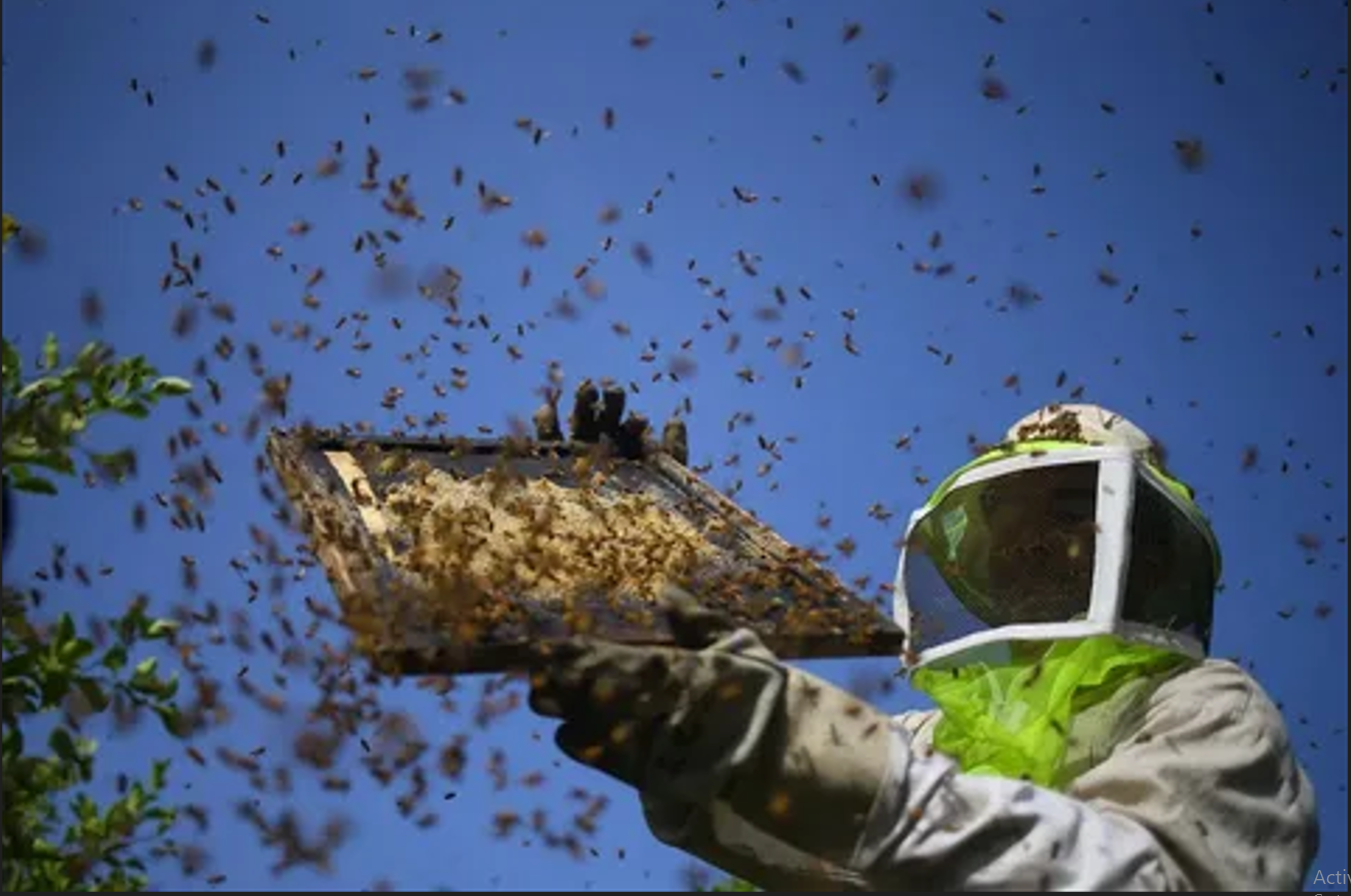Relocating a bee colony is a complex process that requires careful planning and execution to ensure the well-being of these crucial pollinators. However, the work doesn’t end once the bees have been moved to their new home. Proper post-relocation care is essential to support the health and productivity of the colony. This article explores key strategies to help bees thrive after relocation, highlighting the importance of ongoing support and monitoring.
Post-Relocation Needs
The first step in post-relocation care is understanding the unique needs of bees as they adjust to their new environment. Bees are sensitive creatures that rely on familiar conditions to maintain their health and productivity. After relocation, the colony must adapt to new surroundings, which can be stressful and disorienting. Proper care during this transition period is crucial to ensuring their survival and long-term success.
Ensuring a Safe and Stable Environment
One of the primary concerns post-relocation is providing a safe and stable environment for the bees. The new location should offer adequate shelter, protection from predators, and a suitable climate. Ensure that the hive is placed in a location with minimal disturbance and access to fresh water sources. Additionally, the area should be free from excessive chemicals or pollutants that could harm the bees. By creating a stable and secure environment, you help reduce the stress on the colony and support their recovery.
Monitoring the Hive
Regular monitoring of the hive is essential in the post-relocation phase. Check the hive frequently for signs of stress or disease, such as unusual behavior, decreased activity, or visible pests. Observing the bees’ behavior can provide valuable insights into their health and well-being. Additionally, keep an eye on the hive’s structural integrity to ensure it remains secure and functional. By staying vigilant, you can address any issues promptly and maintain the colony’s health.
Providing Adequate Nutrition
Proper nutrition is critical for the health of relocated bees. Bees rely on a balanced diet of nectar and pollen to sustain their energy and immune system. After relocation, the availability of these resources may be limited, so it’s important to provide supplemental food if necessary. Consider offering sugar syrup or specialized bee feed to ensure the colony receives the nutrients it needs. This support can help the bees recover from the stress of relocation and build a strong, healthy colony.
Managing Temperature and Humidity
Temperature and humidity control are crucial factors in post-relocation care. Bees are sensitive to extreme temperature fluctuations and high humidity levels, which can affect their health and productivity. Ensure that the hive is well-ventilated to prevent excessive moisture buildup and provide adequate insulation to protect the bees from temperature extremes. By managing these environmental factors, you can create a more comfortable and conducive habitat for the bees.
Protecting the Hive from Pests
Pest management is a key aspect of post-relocation care. Relocated hives may be more vulnerable to pests and diseases as the bees adjust to their new environment. Regularly inspect the hive for signs of infestations, such as mites, beetles, or ants. Implement preventative measures to keep pests at bay, such as using hive treatments or physical barriers. Maintaining a clean and well-maintained hive is essential for protecting the colony from potential threats.
Supporting Colony Health and Growth
Supporting the overall health and growth of the colony is a crucial part of post-relocation care. Encourage the bees to build comb and establish their brood by providing a stable and nurturing environment. Ensure that the queen is healthy and active, as she is vital to the colony’s productivity and growth. Consider monitoring the hive’s brood pattern and overall population to assess the colony’s progress and make any necessary adjustments.
Conclusion
Successful bee relocation requires not only a careful relocation process but also ongoing post-relocation care. By understanding and addressing the unique needs of relocated bees, you can support their health and ensure their long-term success. For those seeking expert assistance in relocating bee colonies, a professional bee relocation service can provide invaluable support and guidance. These services are equipped to handle the complexities of bee relocation and ensure that the colony receives the care it needs during and after the move. Proper post-relocation care is essential for helping bees thrive in their new environment, and with the right support, you can contribute to the health and well-being of these vital pollinators.
